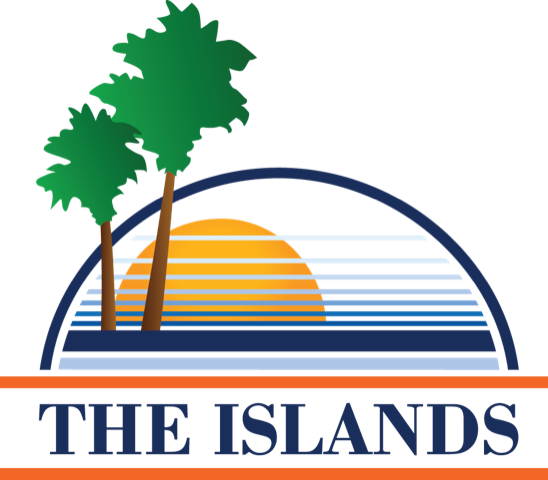Association Terminology
ASSOCIATION TERMINOLOGY
Association Manager
- Advise and provide administrative, managerial, and operational counsel to the association governing body
- Exhibit professionalism and loyalty to the principal (the Board)
- Exercise diligence in performing duties on the principals behalf
- Account for financial activities covered by the Management Agreement
- Perform onsite property inspections
- Solicit and evaluate bids for association services
- Supervise maintenance activities and contractor performance
- Oversee and authorize payment for primary association services
- Know and abide Bylaws, recognizing the State agency that supervises the community associations
The Board of Directors
Depending on the management agreement, some of the following responsibilities can be turned over to a managing company
President
- Chief executive officer and leader of the association
- Presides at all meetings of the board and membership
- Executes legal documents on behalf of the association
- Sets meeting agendas and controls all meetings
- Represents the board before the residents
- May have nominating, if not appointment, responsibility for all committees
Vice President
- Performs all of the duties of the president in his/her absence
- Typically shares some of the burden of the president regarding appearances, liaison, public hearings, etc.
- Usually assigned liaison responsibility to specific staff or contractors, and to specific committees
Secretary
- Prepares and distributes board and membership meeting agendas, minutes, and materials referred to in minutes
- Maintains minutes and book on all meetings
- Maintains book of resolutions
- Maintains all official records, including official correspondence, contracts, membership roster, etc.
- Receives, verifies, and maintains all proxies
- Attests, by signature, to the legitimacy of certain documents
Treasurer
- Works with appropriate staff, contractors, and committees to develop and submit annual operating budget for approval
- Maintains adequate records of all association financial transactions
- Maintains roster of disbursement of funds, as authorized
- Prepares period financial reports
- Arranges, subject to board approval, an independent audit of financial affairs
PERSPECTIVES OF BOARD, HOMEOWNER, AND MANAGER
Board of Directors Perspective
- Maintaining the value of the property and a good quality of life for the residential community
- Governing smoothly
- Enforces rules
- Establishing and keeping budget
Homeowners Perspective
- Most care a great deal about residences
- Will want service from manager and decisions from Board that will provide a good quality of life
- Problems may arise when expectations are too high or not realistic; this can occur when interests are too specialized or unique
Managers Perspective
- Working in balance with homeowners, board, and realities of management companies business(possible friction)
- Problem-solver
- Multi-task oriented
APPLICABLE CIVIL RIGHTS LAWS
- Prohibition against racial discrimination as stated by the Civil Rights Act of 1866
- Equal Credit Opportunity
- Fair Housing Amendments Acts, 1988, applies to sale of residence
- Board is prohibited from discrimination in exercising its 1st right of refusal
- Association must abide by laws prohibiting discrimination against families with kids
- Persons with disabilities (at own expense) must be allowed to make accommodations per the Americans with Disabilities Act, 1993
ACCOUNTING BASICS
- Cash Method of Account – income and expenses are only recorded when cash changes hands. Financial reports only reflect cash transactions. This is a relatively simple system for simple situations. Because all obligations are not recorded until cash changes hands, this method does not provide an accurate portrayal of the financial condition of the association at any given time.
- Accrual Method of Accounting – keeps track of all financial activities, including revenue as it is earned (as opposed to when it is received) and expenses as the obligation is incurred (as opposed to when it is paid). This makes possible a more accurate determination of the financial condition of the association at any point in time. Also, this is a better method for multi-year tracking of capital reserves credits and deficiencies. The primary disadvantage is the greater complexity and technical knowledge that is needed to maintain the records, understand the reports, etc.
- Capital Reserves – the Board has the obligation to repair and replace major capital facilities, buildings, and equipment of the association. The ideal method of providing for these future expenses is the establishment of a capital reserves system and budget to assure that such funds are available when needed. With knowledge that the future holds predictable major expenditures for repair and replacement of facilities and equipment, the association could begin the gradual accumulation of funds through a reserve account to meet all or a portion of that expense when it comes due.
